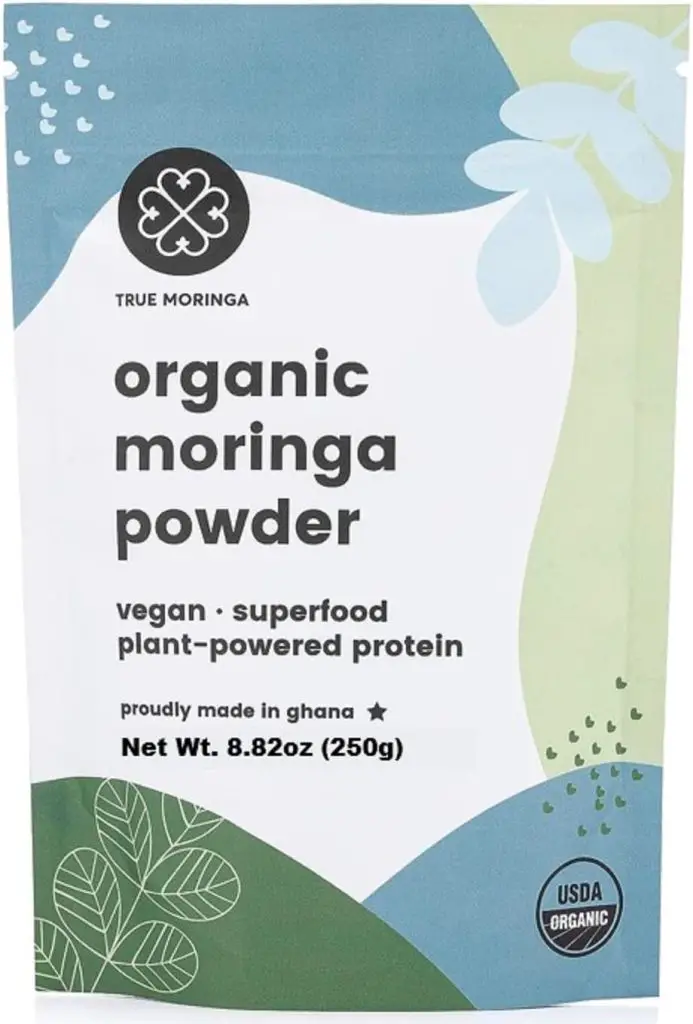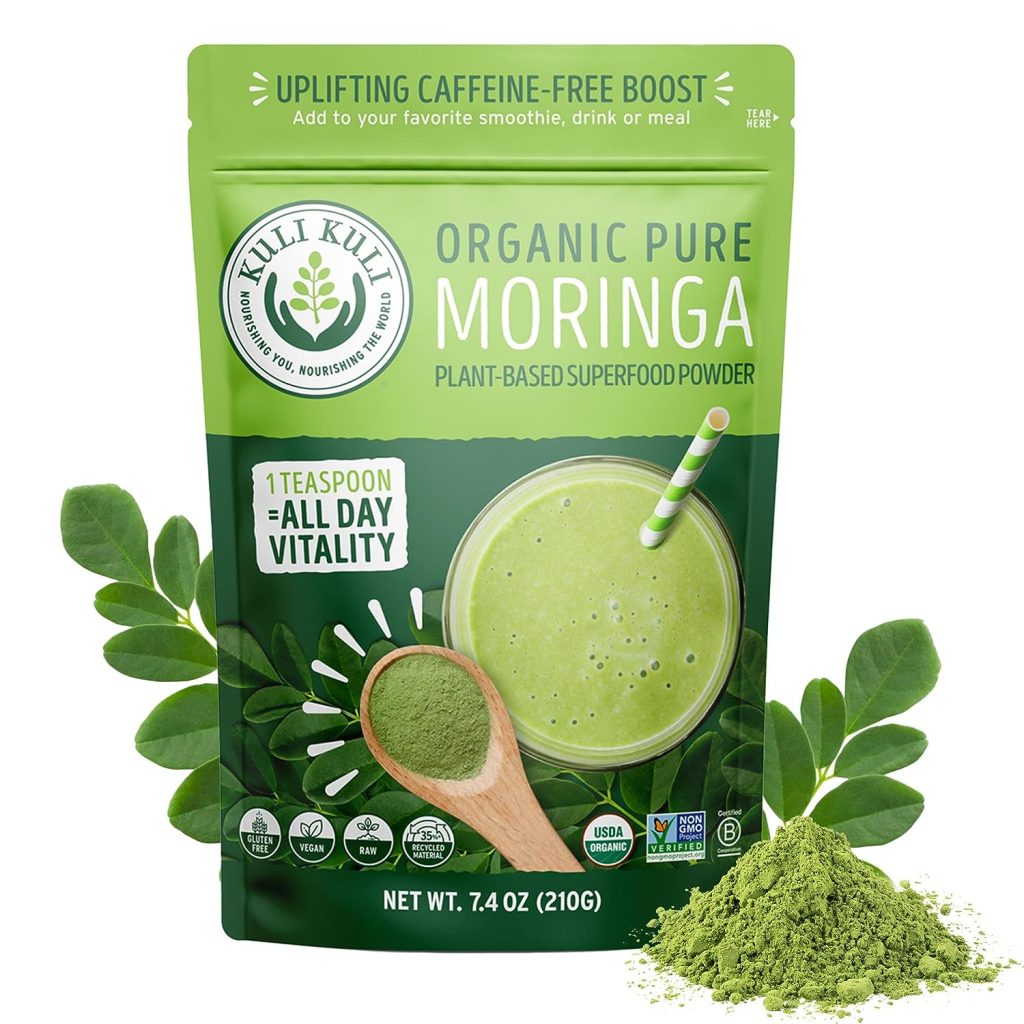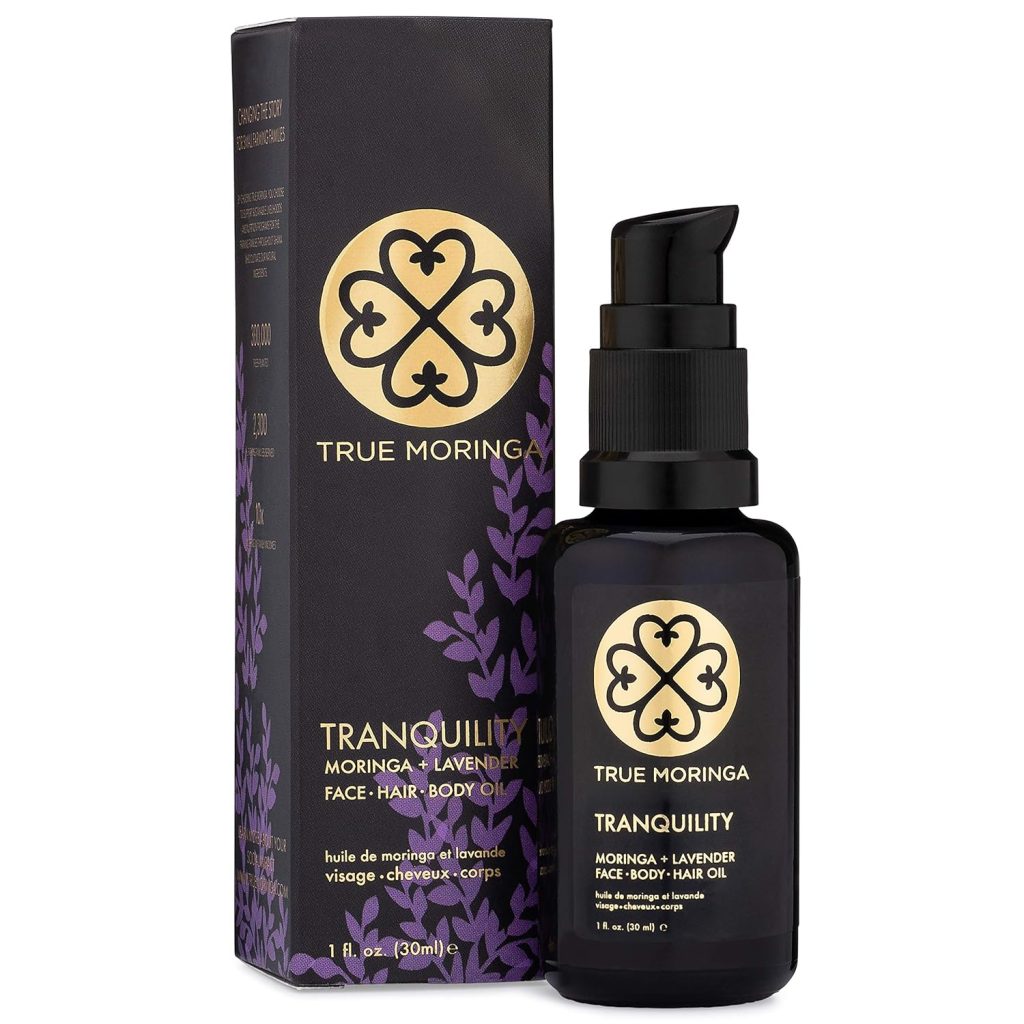Hormonal Balance: Exploring Moringa’s Potential in Managing Hormonal Changes During Menopause
Going through menopause can be challenging for women, and many look for natural ways to feel better. That’s where Moringa comes in – a super plant that’s getting attention for helping with menopause. It’s full of good stuff and has shown it might make menopausal symptoms easier.
Moringa leaves, sourced from the Moringa oleifera tree and utilized as a supplement, provide remarkable nutritional advantages which can help mitigate menopausal symptoms. They provide:
- 17 times more calcium than milk.
- 15 times more potassium than a banana.
- 4 times more Vitamin A than a carrot.
- 25 times more iron than spinach.
- Half the Vitamin C content of an orange.
To learn more about Moringa’s nutritional factsheet, you can read this article for more details:
The nutrients in Moringa hold high biological value and are easily absorbed by the body. Recognized as a superfood, Moringa goes beyond the ordinary leafy green, providing all essential vitamins, minerals, and antioxidants vital for overall health. Scientifically known as Moringa oleifera, it stands among the greens that offer nourishing support to the body.

How Moringa Helps with Menopause
Menopause represents a significant phase in a woman’s life, and while it can be challenging, proper nutrition can help alleviate its symptoms. A well-balanced nutritional supplement becomes crucial during menopause, aiding the body in adapting to hormonal changes naturally.
This balance supports the maintenance of Estrogen from the adrenal glands and fat deposits. Extra Iron and Calcium are essential during menopause to compensate for blood loss due to irregular flow.
Moringa leaf powder has been noted for its remarkably high iron content, surpassing animal sources. With 17 times more calcium than milk and ten times more Vitamin A than carrots, Moringa helps mitigate menopausal symptoms.
Its rich Vitamin C content strengthens the immune system and blood vessels, while bioflavonoids like Quercetin may reduce hot flashes. Additionally, the substantial Vitamin E content in Moringa proves beneficial for alleviating issues such as vaginal dryness, as suggested by specific studies.
Scientific Insights into Its Potential Benefits for Menopausal Women
Scientific investigations into the potential impact of Moringa on menopause reveal compelling insights. The plant’s richness in phytoestrogens suggests a plausible role in hormonal equilibrium during this physiological transition, potentially lessening the intensity of menopausal symptoms.
Moringa’s antioxidative properties, stemming from compounds like flavonoids and polyphenols, present an adept mechanism for countering the heightened oxidative stress associated with menopause, thereby supporting overall well-being.
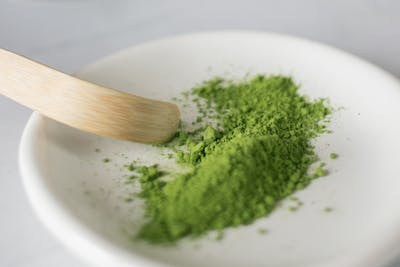
Significantly, Moringa’s nutrient profile, encompassing essential elements such as calcium and vitamin K, underscores its potential to influence bone health positively—a critical consideration for menopausal women grappling with skeletal challenges.
Noteworthy cardiovascular benefits, including blood pressure regulation and lipid profile improvement, have also been attributed to Moringa, addressing pertinent concerns prevalent during menopause.
Moreover, Moringa is a nutritional powerhouse filled with vital vitamins, minerals, and amino acids. It positions itself as a comprehensive dietary supplement for menopausal women with potential nutritional deficiencies.
While extant research augurs well for its utility, prudence dictates consultation with healthcare professionals before integrating Moringa into one’s regimen, ensuring an informed and personalized approach to usage.
Benefits of Moringa for Menopausal Women
Moringa is believed to offer potential benefits in managing menopausal symptoms through various mechanisms:
1. Phytoestrogens
Moringa contains phytoestrogens, plant compounds that resemble the action of Estrogen in the body. This mimicry may help in balancing hormonal fluctuations associated with menopause, potentially alleviating symptoms such as hot flashes and mood swings.
2. Antioxidant Properties
The plant is rich in antioxidants, including flavonoids and polyphenols. These antioxidants combat oxidative stress, which tends to increase during menopause, offering potential relief from symptoms and supporting overall well-being.
3. Bone Health
Moringa’s nutrient profile includes calcium and vitamin K, which are essential for maintaining bone health. Menopausal women often face an increased risk of bone-related issues, and the incorporation of Moringa into their diet may contribute to bone density and strength.
4. Cardiovascular Support
Moringa may positively affect cardiovascular health, possibly lowering blood pressure and improving lipid profiles. This is particularly relevant for menopausal women who may be at a higher risk of cardiovascular complications.
5. Nutrient Support
Moringa is a nutritional powerhouse, providing essential vitamins, minerals, and amino acids. Menopausal women may experience dietary deficiencies, and Moringa can supplement their diet to support overall health during this phase.
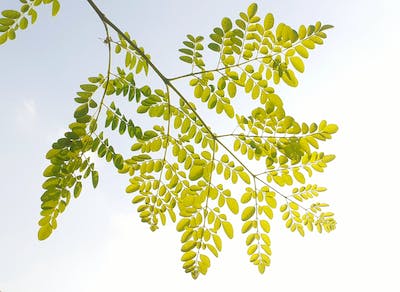
It’s important to note that while some research supports these potential benefits, further studies are needed to understand the extent of Moringa’s effects on menopause fully. Consultation with healthcare professionals is advised before incorporating Moringa into one’s routine.
How To Incorporate Moringa Into Your Routine
Incorporating Moringa into your routine for menopausal women can be done in several simple steps:
Dietary Supplements
Moringa can be found in different formats, such as capsules, powders, or liquid extracts. Taking Moringa supplements with meals is a convenient way to ensure consistent intake.
There are a few amazing brands for Moringa powder that I use on a daily basis to put in my smoothies, tea and food. My two favorite ones that are organic and made from Moringa leaves are:
Smoothies or Juices
Blend Moringa powder into your daily smoothies or juices. Its mild flavor can easily complement the taste of fruits or vegetables, enhancing nutrition and taste.
Tea
Prepare Moringa tea by steeping Moringa leaves or using pre-made Moringa tea bags. Enjoying a cup in the morning or evening provides a warm and soothing way to incorporate it into your routine.
You can also learn about the top 10 benefits of Moringa tea, and how to boost your immunity with having it on a daily basis:
Salads or Soups
Sprinkle Moringa powder or add fresh Moringa leaves to salads or soups. This not only boosts nutritional content but also introduces a subtle earthy flavor.
Cooking
Incorporate Moringa powder into your cooking. It can be added to various dishes such as stir-fries, sauces, or baked goods.
If you’re interested to learn more about what kind of dishes to incorporate Moringa in, then check out this article below that highlights the 27 Moringa recipes to try!
Moringa Oil
Utilize Moringa oil in your skincare routine. Its nourishing properties make it suitable for moisturizing the skin or massaging the scalp and hair.
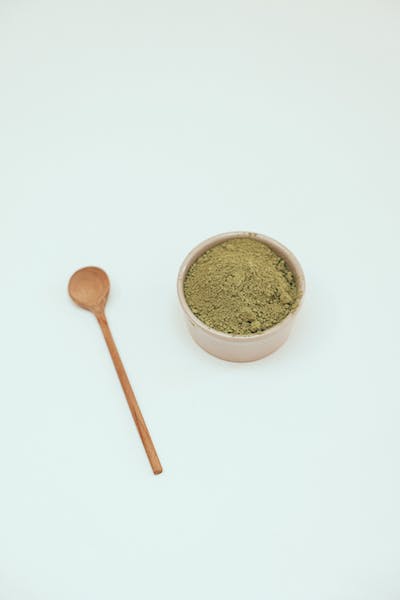
Before implementing substantial changes, it is advisable to seek guidance from your healthcare expert, especially if you have pre-existing physical issues or are currently on medications. This ensures that incorporating Moringa aligns with your individual health needs.
To learn more about the benefits of Moringa oil on your skin, check out this article we wrote:
My favorite Moringa oil that I love to use is Passion by True Moringa. It’s light, fragrant, and made with cold-pressed Moringa oil, which keeps its nutritive profile intact.
Conclusion
Moringa is promising for helping with menopause symptoms due to its unique plant elements. These elements, like phytoestrogens and antioxidants, might help balance hormones during this time. But, it’s essential to be careful – talking to healthcare professionals to ensure it’s safe before using Moringa.
As we learn more about natural ways to deal with menopause, Moringa is becoming an exciting option that needs more exploration for women’s health during this critical life stage.
Sources
https://pubmed.ncbi.nlm.nih.gov/26396347/
https://onlinelibrary.wiley.com/doi/full/10.1002/ptr.5325
https://link.springer.com/article/10.1007/s13197-012-0859-9
https://natureclaim.com/nutrition/info/moringa-leaf/
https://nutritionfacts.org/questions/the-health-benefits-of-moringa/

Tara is a nutrition enthusiast with a passion for superfoods like Moringa and pomegranate. She has over 10 years of experience as a professional writer and researcher and specifically covers topics around the health benefits of superfoods, and provides readers with valuable knowledge and insights.

